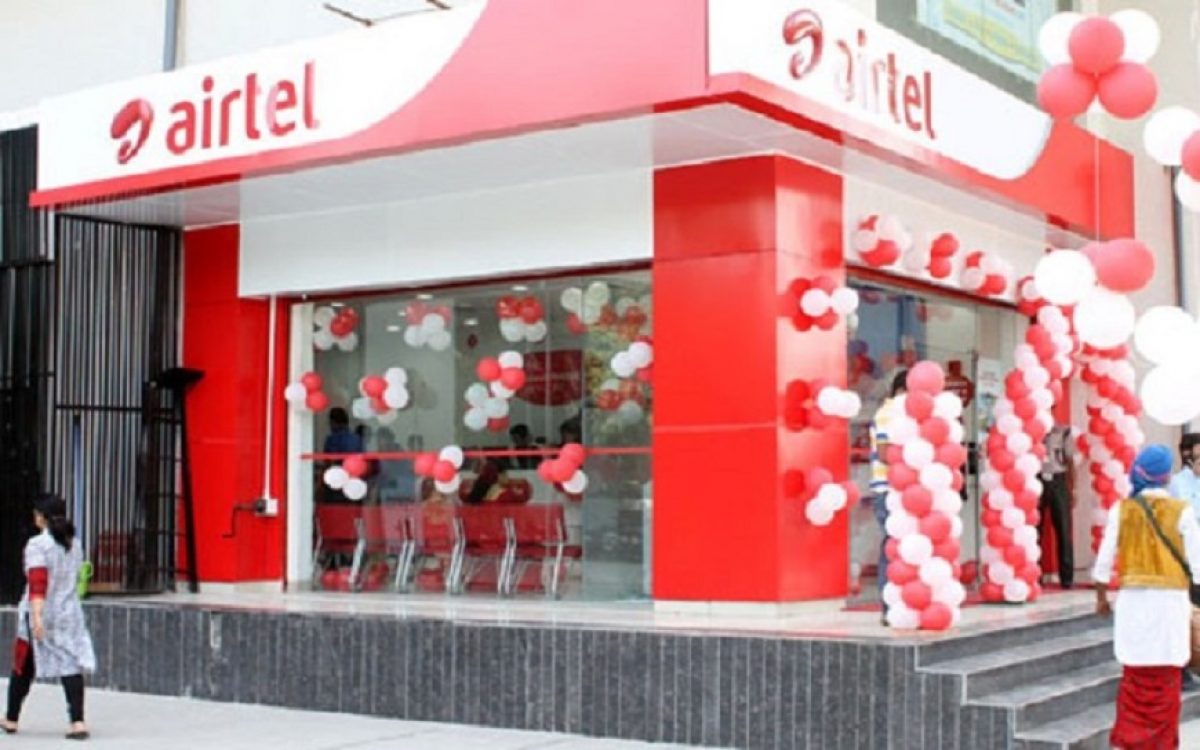News
Airtel implements data, call tariff increases amid rising costs

Airtel Nigeria has raised its data pricing by up to 50%, according to a notice on its website published on Monday.
This adjustment affects various data bundles and is part of a broader industry trend amid growing concerns over rising operational costs.
Although Airtel has yet to issue a formal statement, the price hike aligns with the wider push among telecom operators in Nigeria to review tariffs due to inflation and fluctuations in foreign exchange rates.
In addition to the data price changes, Airtel, which has over 56 million subscribers, also increased voice call tariffs over the weekend.
A senior official from the company confirmed the tariff revisions, stating they were necessary to mitigate the impact of the escalating costs faced by the industry.
READ ALSO: Telecoms tariff hike: FG tightens security as NLC maintains stance on planned protest
“Yes, we have updated data prices today, and they are available on our website. However, the increase is not up to 50 percent,” the official clarified.
In its revised price list, Airtel assured customers of continued affordability, stating, “Whatever your data needs are, we have a plan for you. Our fast, affordable, and reliable internet experience will keep you connected anytime, anywhere. To get started, Dial *312#.”
The revised daily and weekly data plans include N50 for 40MB valid for 1 day, N100 for 100MB valid for 1 day, N200 for 200MB valid for 3 days, N350 for 1GB valid for 1 day, N350 for 350MB valid for 7 days, N500 for 750MB plus 1GB YouTube Night and 200MB YouTube Music/Spotify valid for 7 days, N500 for 1GB plus 1GB YouTube Night and 50MB Socials valid for 7 days, N500 for 2GB valid for 2 days, and N1500 for 5GB valid for 7 days.
Similarly, MTN, Nigeria’s largest telecom provider, has also adjusted its data and call tariffs in line with the NCC’s approval.
The revised pricing, implemented over the past week, has seen customers paying more for calls, SMS, and internet usage.
The latest increases come as telecom operators grapple with inflation, foreign exchange volatility, and the rising cost of network expansion.
While the adjustments aim to support long-term service improvements, subscribers may face increased financial pressure as communication costs rise.






















